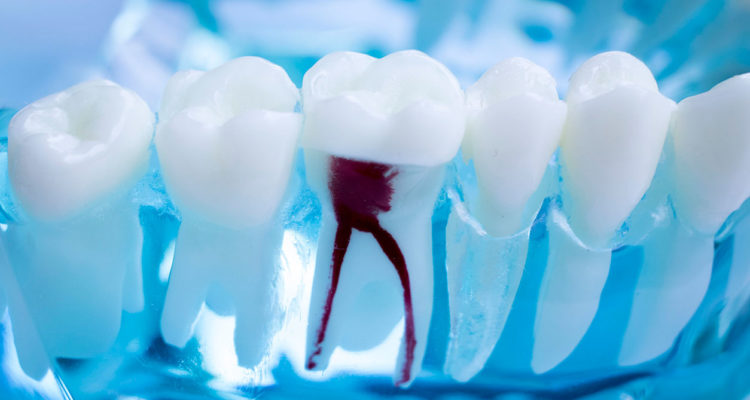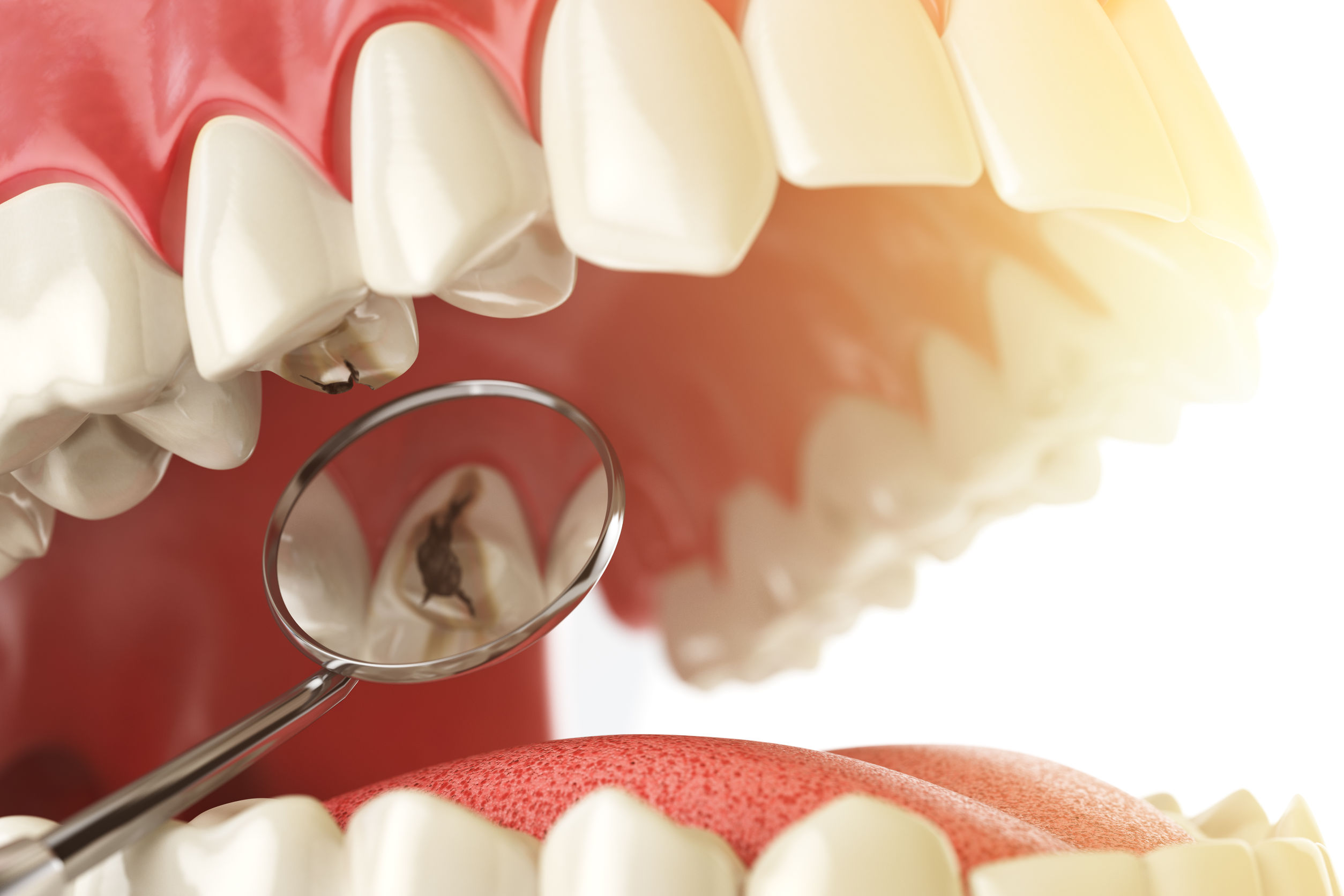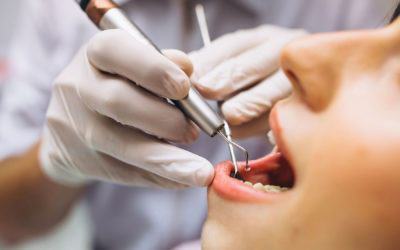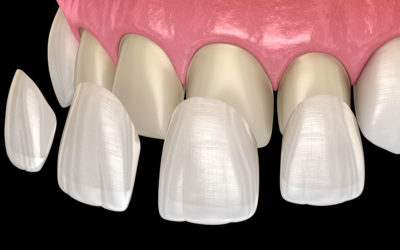
Dental abscesses: understanding, treating and preventing this problem
Dental abscess is a painful condition affecting a significant number of people worldwide. It is characterized by the accumulation of pus in or around an infected tooth. This article details the causes, symptoms, treatments and preventive measures for managing this debilitating condition.
What is a dental abscess?
A dental abscess is a bacterial infection that develops as a result of various local causes, such as untreated caries, gum disease or dental trauma. The most common consequence is the formation of a pocket of pus, a direct result of the infection.
Symptoms of a dental abscess
Common symptoms of a dental abscess include:
- Intense pain: often described as throbbing or pulsating.
- Swelling: of the face or mouth near the infected area.
- Sensitivity: heightened to hot or cold foods.
- Pus pocket: visible as a mass in the mouth.
If you experience these symptoms, we recommend that you consult a dental surgeon as soon as possible to prevent more serious complications.
Causes of dental abscesses
Several factors can lead to the formation of a dental abscess:
The primary cause is usually related to a decayed tooth that allows bacteria to enter the dental pulp, leading to infection. Other causes include:
- Gum disease: Infections of the gums can degrade the surrounding tissue, allowing bacteria to infiltrate.
- Trauma: dental fractures or cracks provide an easy pathway for bacteria.
- Inadequate dental care: Poor dental hygiene leads to the proliferation of bacteria.
Risks associated with dental abscesses
In addition to local pain, an untreated dental abscess can lead to serious complications. Here are some potential risks:
- Generalized infection: Infection may spread beyond the oral cavity and enter the bloodstream, leading to septicemia.
- Bone damage: Prolonged infections can erode the jawbone.
- Sinusitis: Dental infections can cause sinus inflammation, all close to the upper oral region.
- Tendonitis: Although rare, severe infections can sometimes lead to inflammation of nearby tendons.
Available treatments
Treatment of dental abscesses involves first eliminating the infection and relieving the pain. Several options are available:
Abscess drainage
The dental surgeon incises the pus pocket to drain the infection completely, reducing pressure and pain. A thorough cleaning is then performed to prevent any recurrence.
Antibiotics
To eradicate the underlying bacterial infection, antibiotics may be prescribed. These can accompany other forms of treatment to ensure complete healing.
Endodontics (root canal treatment)
This procedure involves removing the infected pulp from inside the tooth before hermetically sealing the root canal. This treatment often saves the damaged tooth and avoids extraction.
Tooth extraction
In extreme cases, where the tooth cannot be saved, it may be necessary to extract it. This prevents the infection from spreading further.

Preventing dental abscesses
Adopting good oral hygiene practices is crucial to preventing dental abscesses.
Here are a few simple but effective tips:
- Regular brushing: Brush your teeth at least twice a day with a fluoride toothpaste.
- Flossing: Flossing helps to remove food residues between teeth that the toothbrush can't reach.
- Regular consultations: Visit your dentist at least twice a year for professional cleanings and routine check-ups.
- Avoid sugary foods: Reduce your intake of sugar, as it promotes tooth decay.
When should you see a dental surgeon?
It's essential to seek immediate medical attention if you experience severe pain, swelling or detect a pus pocket. Ignoring these signs could lead to serious complications, requiring urgent intervention.
Dental abscesses in children
Children are not exempt from the risk of developing dental abscesses. As a parent, it's crucial to watch out for potential symptoms such as:
- Irritability: due to constant pain.
- Sensitivity: Difficulty chewing or eating.
- Bad breath: persistent despite good brushing.
A quick consultation can often diagnose and treat the infection effectively.
The role of professional dental care
While proper home care is crucial, there's no substitute for professional intervention to maintain good oral health. Regular dental care helps :
- Early detection: of potential problems before they become severe.Deep cleaning: removing stubborn plaque that can promote infection.
- Personalized advice: on best practices for avoiding dental abscesses.
Impact of an untreated dental abscess
Ignoring a dental abscess can lead to a number of serious complications. In addition to ongoing pain and swelling, the following risks exist:
Uncontrolled infection can spread to adjacent tissues and potentially to the rest of the body. In extreme cases, this could require hospitalization and major surgery to contain the infection.
Possible complications
Here are some of the complications caused by an untreated dental abscess:
- Cellulitis: A deep infection of the skin and underlying tissues.
- Septicemia: A serious, widespread infection that can be life-threatening.
- Osteomyelitis: Infection of bone tissue in the jaw.
In short, a dental abscess is a medical emergency that should not be ignored. Understanding its causes, recognizing its symptoms, and knowing the treatments available are crucial steps in effectively managing this problem. Adopt good oral hygiene habits today and see your dentist regularly to avoid the complications associated with this infection. Protecting your smile and your general well-being deserves constant, proactive attention.
Center Dentaire Champel offers comprehensive care for dental abscesses, including diagnosis, treatment of the infection, and care of the underlying causes. Center Dentaire Champel boasts a team experienced in endodontics (root canal treatment) and dental surgery, essential for effectively treating abscesses.
Center Dentaire Champel is renowned for its professional, caring approach. Patient reviews often highlight their responsiveness, modern equipment, and the attention given to each case.
Discover also the Centre Dentaire Lancy and the Centre Dentaire Chêne-Bourg





